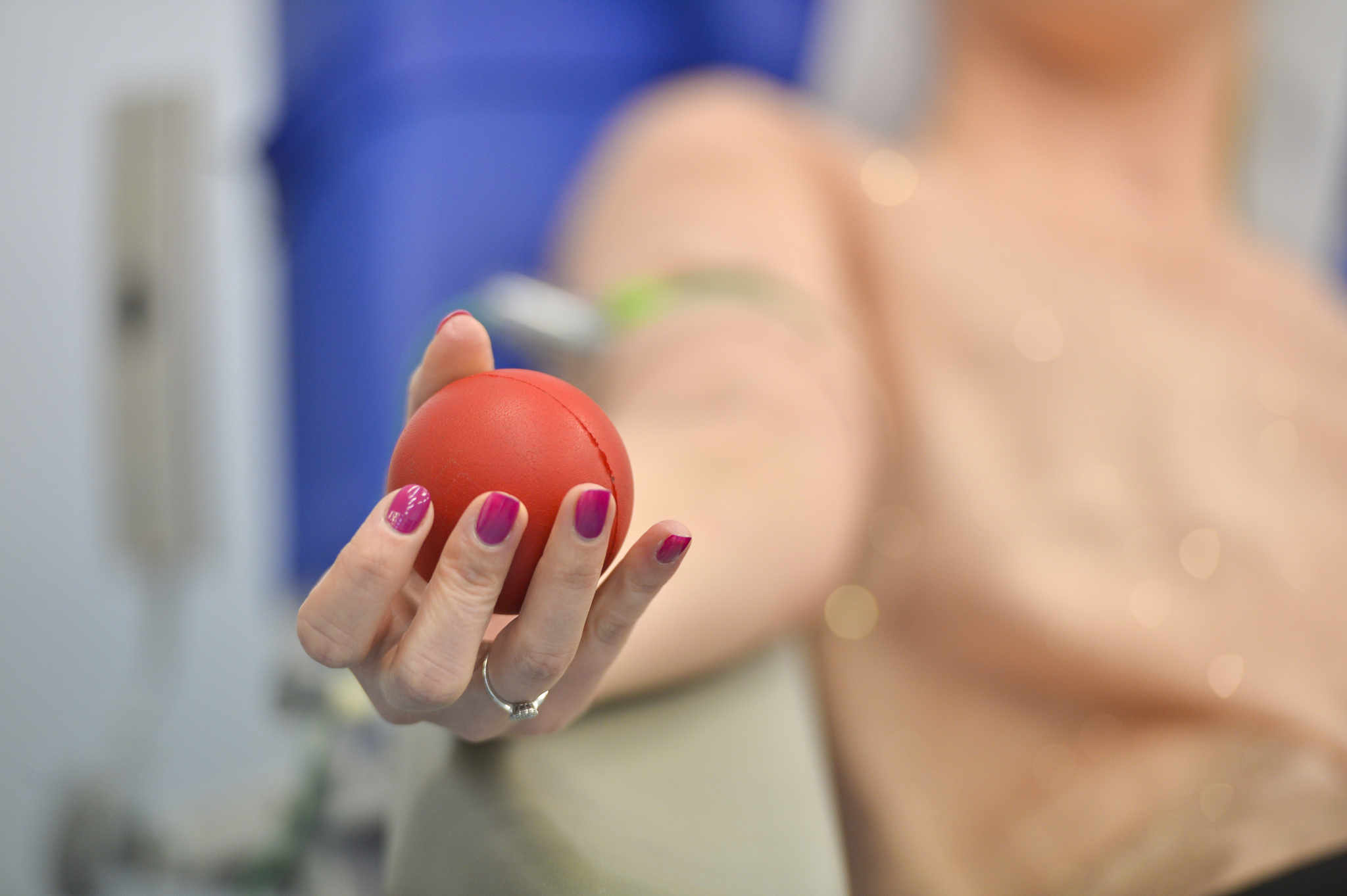Testing
How can the safety of donor blood be ensured?
It is extremely important that the blood you donate is safe because blood transfusions are made for the purpose of saving lives. If the blood supply is contaminated with pathogens, the result could be the opposite.
One of the most important steps to ensuring the safety of donor blood is that the donation be unpaid and voluntary. Countries in which donors are compensated have up to eight times the incidence of diseases in their blood supply than in countries where donors are not paid. In Estonia, blood donations have been completely unpaid since the early part of the 2000s.
Before giving blood:
- Be aware of what diseases may be transmitted by transfusion and what the risk factors for infectious diseases are. Find out how you can protect yourself.
- Before becoming a donor, analyze your state of health, life events in the past few months and possible risk factors, because you, the donor, are the first line of defence for the blood supply.
- If you have any doubts about your health, don’t come to the Blood Centre just yet, but talk to your GP. Laboratory testing can reveal diseases only after a certain window period has passed, but contaminated blood is dangerous even before the host has started making antibodies.
- Put off giving blood if you have any doubt about your health or the health of an intimate partner.
At the Blood Centre donation site:
- Consider each question on the donor form carefully and give an honest answer.
- Also be honest during a medical check. Don’t keep any doubts about infectious disease to yourself. If you didn’t understand any of the questions, don’t hesitate to ask for clarification.
- If during or after giving blood, even in the days following the donation, you remember anything that could pose a risk to the health of blood recipients, alert a medical worker to your concerns. You have the right to disallow your blood from being used for transfusions.
After giving blood:
- If you find out later that your blood may have been infected, call the Blood Centre immediately. Do this even if you or your intimate partner is diagnosed with an infectious disease up to 12 months afterwards.
Donors should be acting out of a sincere and altruistic desire to help others. Remember that patients need the blood of healthy people!
